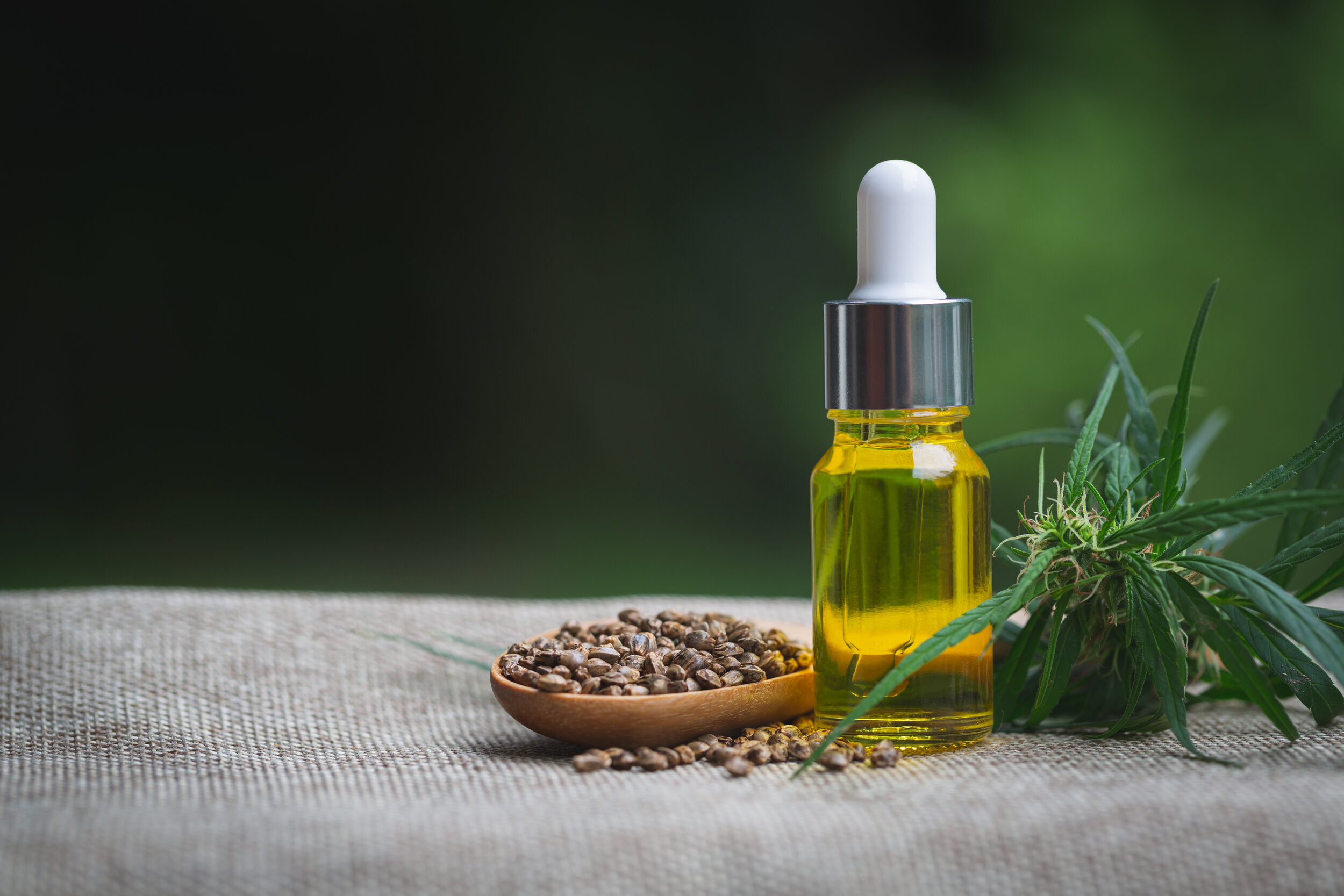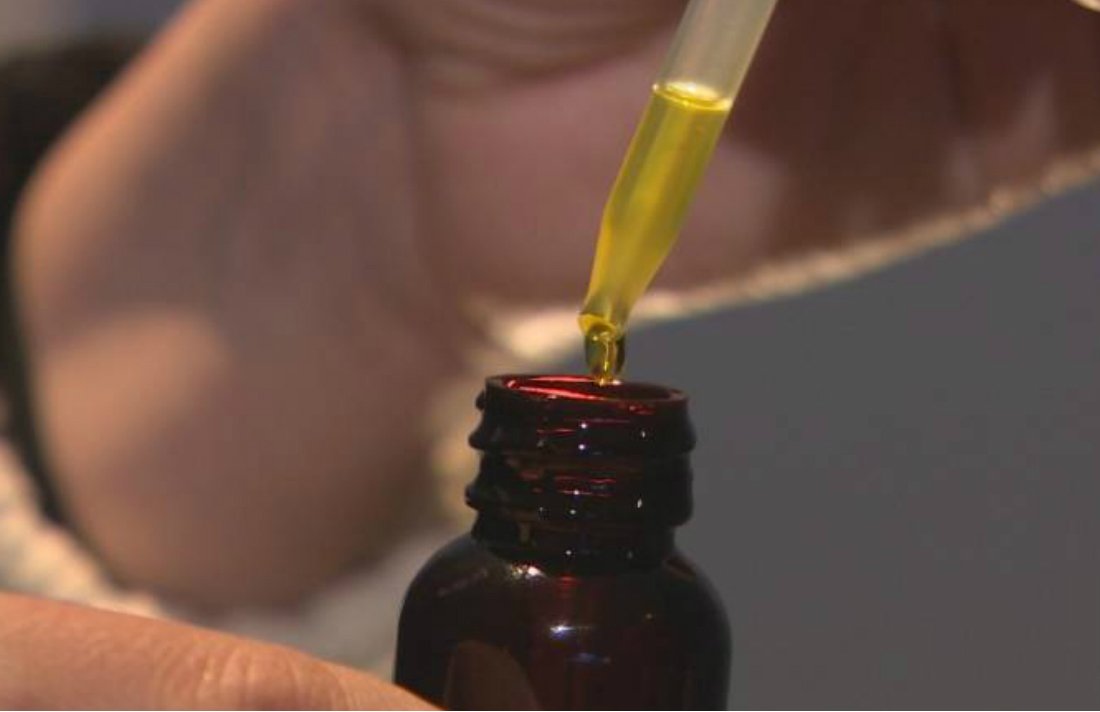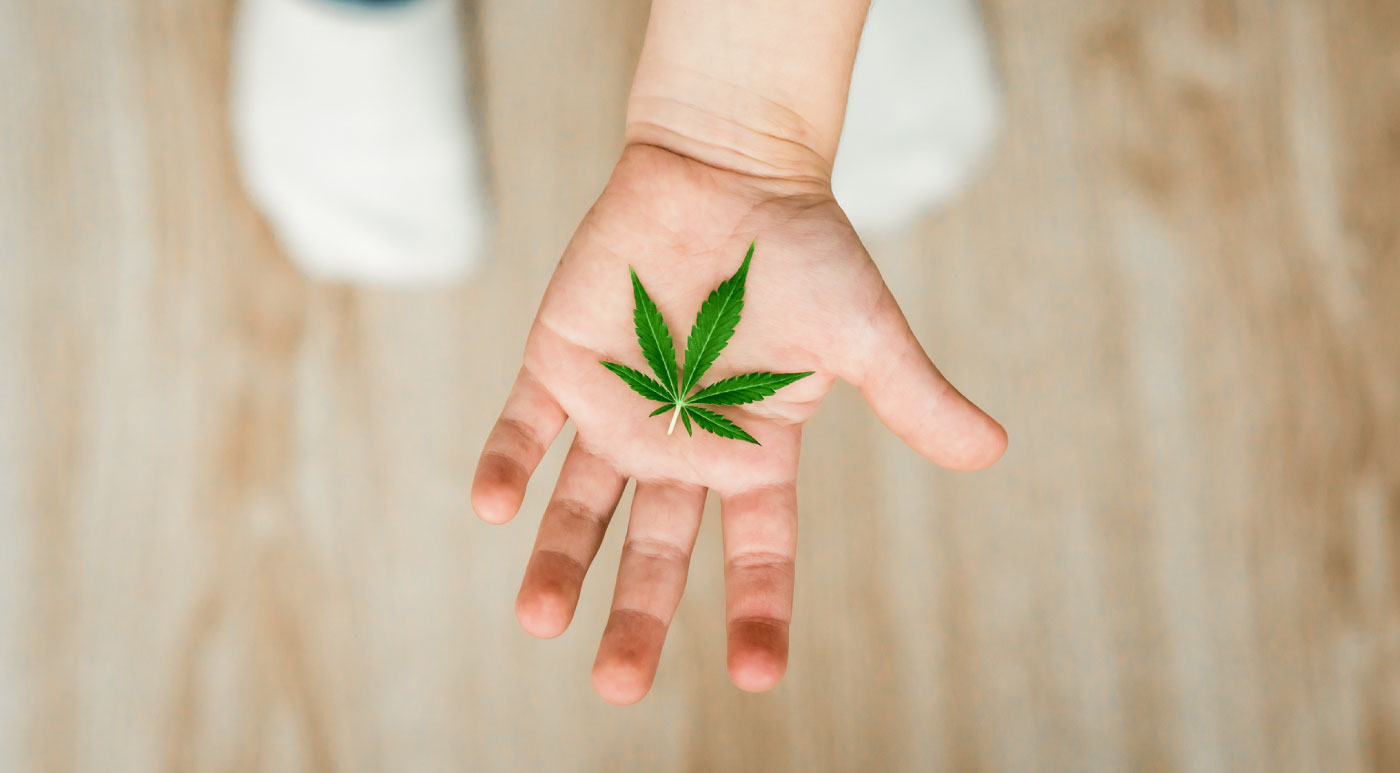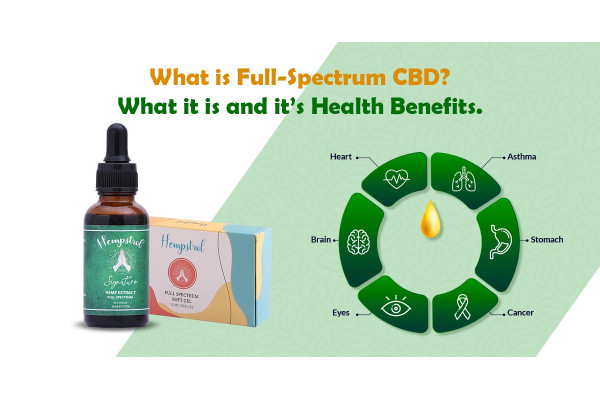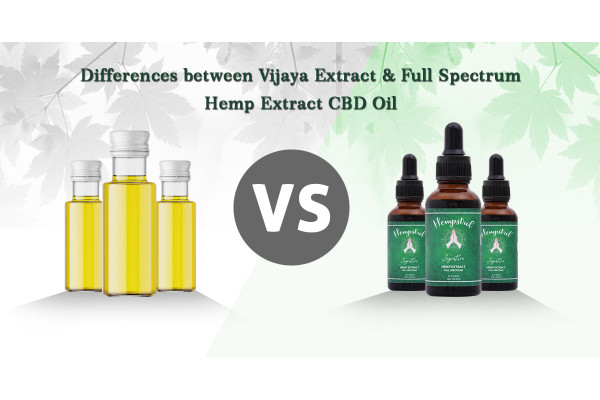CBD: Benefits And Whether It Is Safe To Use?
Cannabidiol oil, often known as CBD oil, is eventually becoming a popular natural therapy to treat a variety of diseases. Tetrahydrocannabinol (THC) is the major psychoactive cannabinoid present in cannabis, which generates the high sensation that is commonly associated with cannabis. CBD, unlike THC, is not psychoactive in nature. In India, CBD oil is permitted to be sold in India only if it contains less than 0.3% of THC.
This article discusses the scientifically proven health benefits of CBD, as well as safety concerns associated with CBD products.
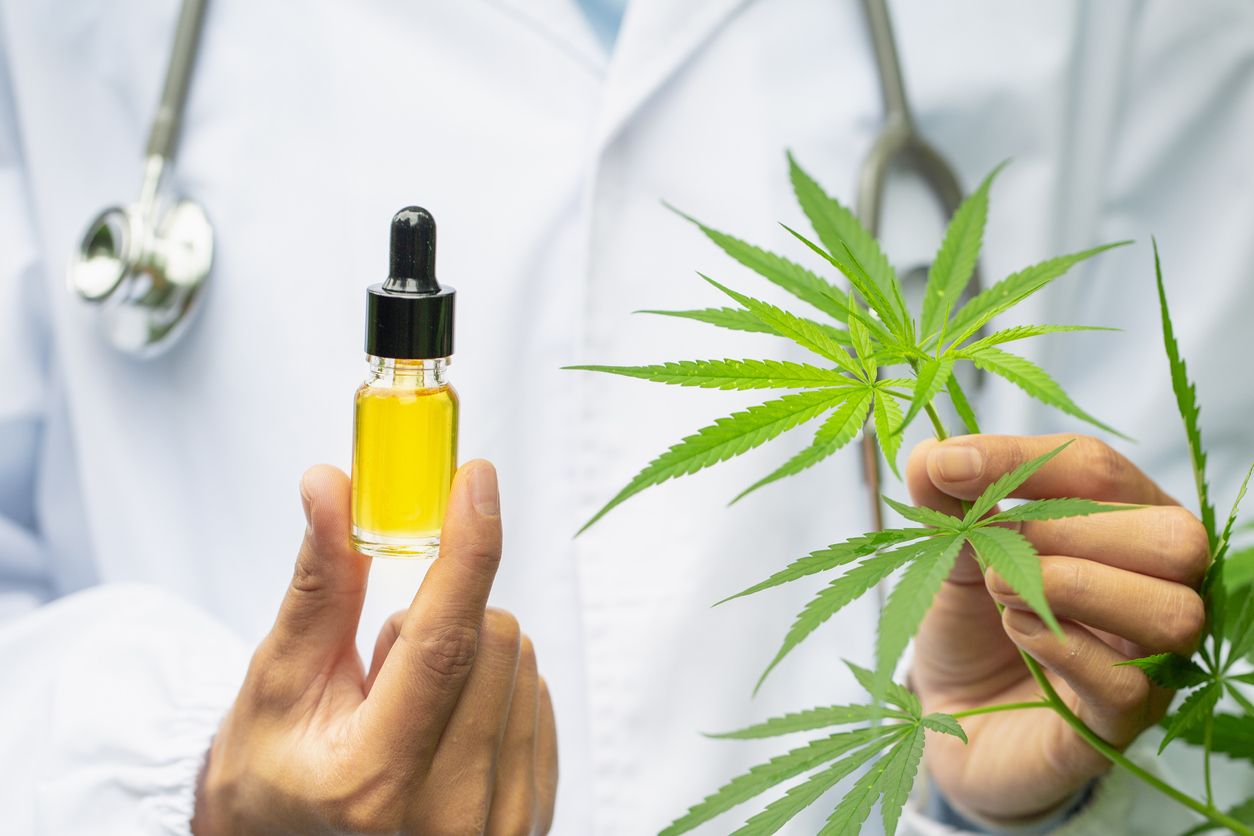
What exactly is cannabidiol (CBD) oil?
CBD, or cannabidiol, is one of around 540 active compounds identified in the cannabis plant. CBD oil can be extracted from any cannabis plant, but the CBD oil found in the majority of over-the-counter (OTC) products is derived from hemp. Hemp is a generic term for any cannabis plant containing less than 0.3% THC. One should know that all CBD oil fits into one of three categories:
Full-spectrum: It contains CBD as well as all of the other active chemicals found in the cannabis plant. Terpenes, flavonoids, and other cannabinoids, including THC, are examples of this.
Broad-spectrum CBD: Broad-spectrum CBD oils are somewhat similar to full-spectrum THC oil but they do not contain THC. However, they may contain additional cannabinoids such as CBG or CBN.
CBD isolate: These products exclusively contain CBD and no additional active components derived from the cannabis plant. CBD isolate is frequently synthetic, not derived from cannabis or hemp plants.
Each of these products has a unique effect on your body but it is usually recommended to have a full spectrum CBD oil as it is stated to provide more benefits to us.
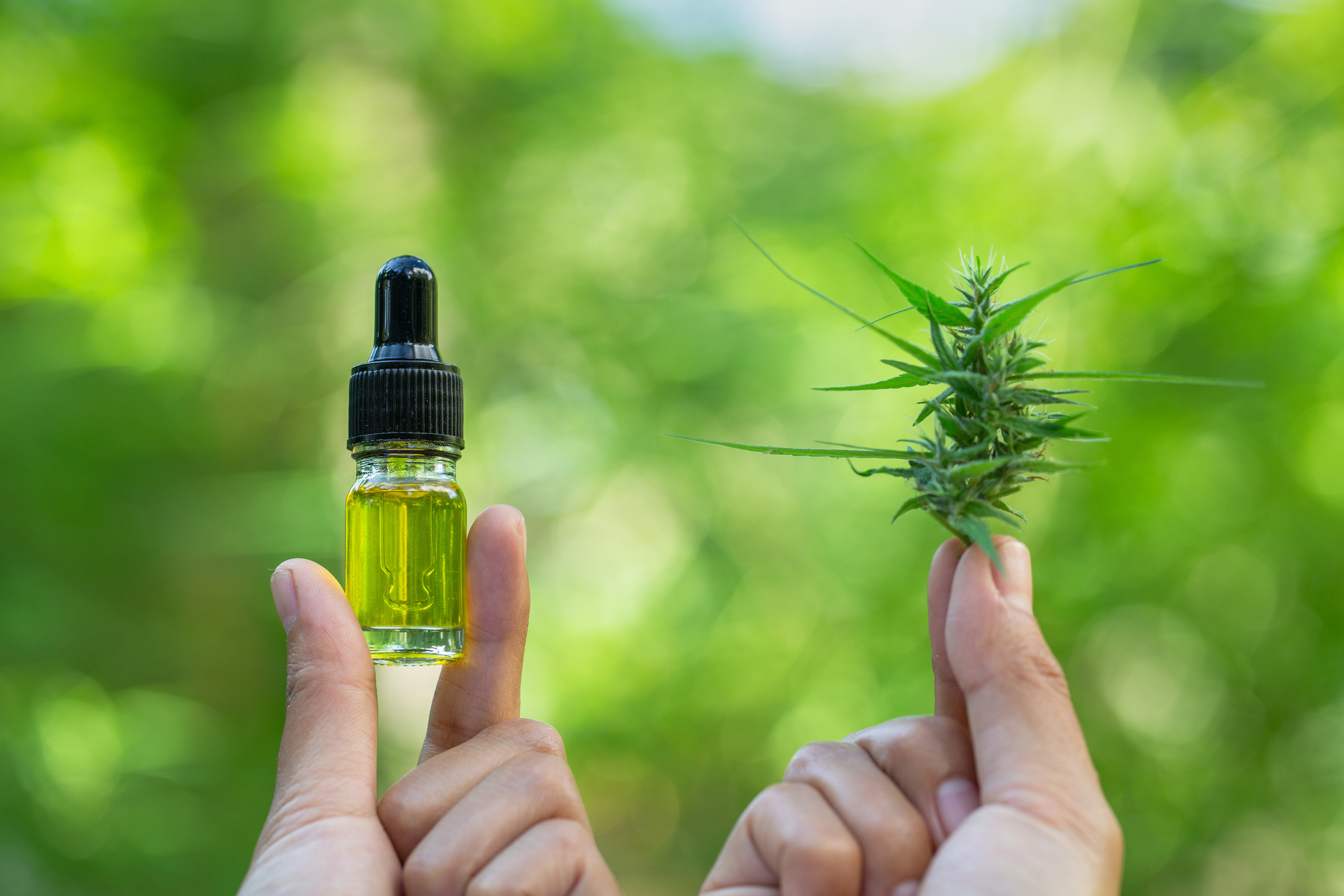
Benefits of Using CBD
There is continuing research to better understand how CBD works and what ailments it can help with. According to current CBD studies, it may help with the following conditions:
1. It has the potential to alleviate discomfort: Since 2900 B.C., cannabis has been used to relieve pain, with the use starting in Chinese medicine. Researchers believe that components such as CBD are responsible for these effects. The endocannabinoid system regulates functions such as the sensation of pain. The body creates neurotransmitters known as endocannabinoids, which attach to cannabinoid receptors. CBD may help alleviate chronic pain by targeting endocannabinoid receptor which helps to lower inflammation. According to research, preclinical evidence suggests that it may be useful for rheumatic disorders such as fibromyalgia. CBD may help with chronic pain as well. It may not only alleviate pain, but it may also enhance sleep and quality of life for patients suffering from chronic pain. However, the evidence for pain is conflicting, and additional long-term research is required.
2. May alleviate symptoms associated with some mental health issues: CBD oil has shown potential as a treatment for various mental health illnesses. A study on CBD and mood disorders indicated that CBD possesses qualities that may help reduce symptoms of depression, anxiety, and even psychosis. One such study also indicated the same that CBD was beneficial in lowering PTSD-related symptoms in adults, including nightmares. Nonetheless, the present evidence is insufficient for doctors to propose CBD as a treatment for such illnesses. Preliminary research on CBD suggests that it may be beneficial for depression. It appears to influence serotonin levels in the brain, similar to antidepressant medicines. Early clinical trials indicate that CBD (without THC) may help alleviate psychotic symptoms. It also has less side effects than the majority of antipsychotic drugs. However, further long-term safety evidence is required.
3. May help with some cancer symptoms: According to a 2022 study, CBD may help alleviate several cancer-related symptoms and adverse effects associated with cancer therapy, including nausea, vomiting, and discomfort. More research is needed, however, to evaluate whether CBD should be used more frequently in cancer symptom treatment.
4. Neuroprotective properties: CBD may be beneficial to persons suffering from neurological problems. According to a 2022 study, a combination of CBD and THC may help relieve pain and muscular spasms in persons with multiple sclerosis (MS). According to a 2017 study, CBD oil reduced seizure activity in children with Dravet syndrome, although it also produced some side effects. The Food and Drug Administration (FDA) has approved one CBD medication, Epidiolex, for the treatment of numerous epilepsy disorders and seizures induced by tuberous sclerosis complex (TSC). TSC is a rare genetic disorder that causes benign tumours in the brain and other parts of the body to grow. There is also some preliminary evidence that CBD may help with the symptoms of various neurological diseases, such:
Parkinson’s disease
Huntington’s disease
Motor disorders like cerebral palsy
Autism spectrum disorder (ASD)
5. May be beneficial to heart health: High blood pressure is associated with an increased risk of a number of health disorders, including stroke, heart attack, and metabolic syndrome. CBD may be beneficial for persons with high blood pressure, according to research, because it can impact heart muscle contractions and help them widen blood arteries. One study from 2020, for example, indicated that treating 26 healthy males with 600 milligrams of CBD for 7 days resulted in significant reductions in blood pressure in the short term when compared to a placebo group. The impact, however, wore off after 7 days. While these findings are encouraging, more research into CBD's potential benefits for heart health is required.
6. Helps to cut down your cravings for intoxicated substances: CBD may help with cravings for alcohol, opioids, and stimulants, according to research. It may also assist in alleviating the symptoms of opioid withdrawal.
7. Inflammation: CBD appears to have a substantial anti-inflammatory impact, which may make it effective for illnesses like rheumatoid arthritis.
8. Nerve discomfort: A small study found that topical CBD improved nerve pain sensations. Early research also suggests that taking CBD orally may help prevent nerve discomfort associated with certain types of chemotherapy treatment. More in-depth research on CBD and nerve pain is now underway.
9. Anxiety: There is some evidence that CBD can help lower pain-related anxiety as well as social anxiety. One study also shows that CBD may aid with performance-related anxiety at certain levels. However, the majority of these studies are small and do not examine long-term impacts. As a result, more information is required.
10. Epilepsy: CBD is useful in treating seizures caused by certain types of epilepsy that do not react well to other drugs. CBD is also being researched for the treatment of various disorders such as post-traumatic stress disorder, Alzheimer's disease, and some malignancies. However, there is no conclusive proof that CBD is useful for these illnesses as of yet.
11. MS stands for multiple sclerosis: A prescription-only nasal spray containing both 9-delta-tetrahydrocannabinol (THC) and cannabidiol has been proven to be beneficial in decreasing pain, muscular tightness, and urination frequency in persons with MS. However, there is inconclusive information on the efficacy of cannabidiol for symptoms of multiple sclerosis when used alone. Some preliminary research suggests that applying a cannabidiol spray under the tongue may reduce pain and muscular stiffness in MS patients, but not muscle spasms, weariness, bladder control, mobility, or well-being and quality of life.
Should I know of any drawbacks of CBD oil?
CBD is generally considered safe, however, it may induce adverse reactions such as diarrhea, changes in appetite and weight, and weariness in some people. Other side effects in childhood epilepsy research have included abnormal liver function test findings, sleepiness, sedation, and pneumonia.
However, these effects could be the result of CBD combined with other pharmaceuticals. It's always a good idea to consult with a skilled medical professional about the best dosing for you and your risk of adverse effects. One has to understand that low-quality CBD products are available on the market hence, it's critical to select goods that have been third-party tested for quality and purity.
What is the best way to take CBD oil?
CBD oil is available in a variety of dose forms, each of which works differently. The most prevalent types are as follows:
Sublingual means "under the tongue."
Oral (capsules or edibles based on food)
Topically applied (cream or lotion)
CBD sublingual and oral formulations take longer to function (1–2 hours or more), but they also last longer. As a result, they may be preferable for persistent problems that require long-term care, such as chronic pain.
Some CBD oral and sublingual versions employ a novel technique known as nano-formulation. This permits your body to absorb them more quickly, allowing them to work more quickly.
What effect does CBD have on the body?
It's unclear exactly how CBD works in the body. It is classified as a "multi-target" chemical since it interacts with a variety of receptors in the body. It also has anti-inflammatory and antioxidant properties. This is one of the reasons it appears to have such a wide range of applications and can be used to treat multiple ailments. CBD, on the other hand, does not interact with the body in the same manner that THC does. As a result, CBD does not provide the same intoxication effects as THC. In fact, CBD appears to decrease THC's intoxicating effects.
So, is it recommended to have CBD?
CBD has been examined for its function in treating a variety of health conditions in addition to those listed above. Though additional research is needed, CBD is thought to provide the following possible health benefits:
Preclinical research suggests that CBD may be beneficial in alleviating anxiety in persons who are addicted to certain substances. Treatment with a combination of CBD and THC may help extend life in patients with glioblastoma. CBD has saved the lives of several people suffering from glioblastoma, an aggressive form of cancer, but research is restricted so far.
CBD has the potential to improve sleep quality though additional research is needed.
CBD may potentially have a placebo effect in certain people. This occurs when a person expects a drug to function even if it has no effect on the body. Studies on anxiety and discomfort found that when participants were informed they were receiving CBD, their symptoms improved – even if they didn't. As a result, approaching CBD with a positive perspective may be just as beneficial as CBD itself.
What is the ideal CBD oil dosage?
There are no universal dose guidelines for how much CBD oil you should consume. CBD studies have looked into dosages ranging from 16 mg to 1,000 mg.
A basic dose suggestion for pain is to start with 5 mg of CBD twice a day. Then, every 2 to 3 days, raise your dose by 10 mg, up to 40 mg each day. According to research, larger CBD doses (300 mg to 600 mg) may be beneficial for anxiety. More quality human trials are required to find beneficial dosing for different conditions. In general, experts advise beginning with a modest dose of CBD and gradually increasing it over time. This assists you in determining the best dose for you and reduces the likelihood of negative side effects. However, always consult with your healthcare physician first. They can assist you in determining the appropriate dose for your needs.
Is CBD oil safe for kids?
Epidiolex is the only CBD product that has been investigated and authorized for pediatric seizure disorders. However, this does not imply that all CBD products are suitable for children. As previously stated, OTC CBD products are not well-regulated and may contain pesticides and heavy metals that are dangerous to children. There is also insufficient study to determine how CBD affects a developing brain.
CBD is gaining popularity as a potential treatment for youngsters suffering from anxiety, autism spectrum disorder, and certain types of brain cancer.
However, until additional information is available, it is uncertain whether CBD is safe or useful for these disorders. If you're considering CBD as a therapy option for your child, you should get advice from a healthcare practitioner.
So we are saying,
There is a section of people who prefer to treat their pain and attain relaxation without the use of psychoactive substances. For those, CBD is a perfect supplement as it helps people to be calm and not get addicted to the dosage. Hempstrol is one such brand in India where you can make an online appointment with a cannabis expert and get the dosage as per the ailment you are suffering from.
Cannabidiol (CBD) oil has grown in popularity over the last few years. People looking for more natural remedies may find it appealing due to claims that it can help with ailments such as anxiety, depression, and sleeplessness. Still, being a relatively new therapeutic option, it's critical to learn about the risks and advantages of CBD oil, as well as how to use it.

Thank you for sharing the post about CBD oil. I gonna bookmark this site for future use. Thank You!
















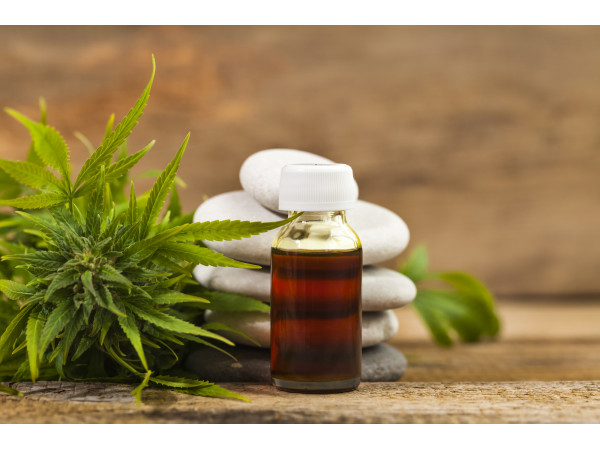
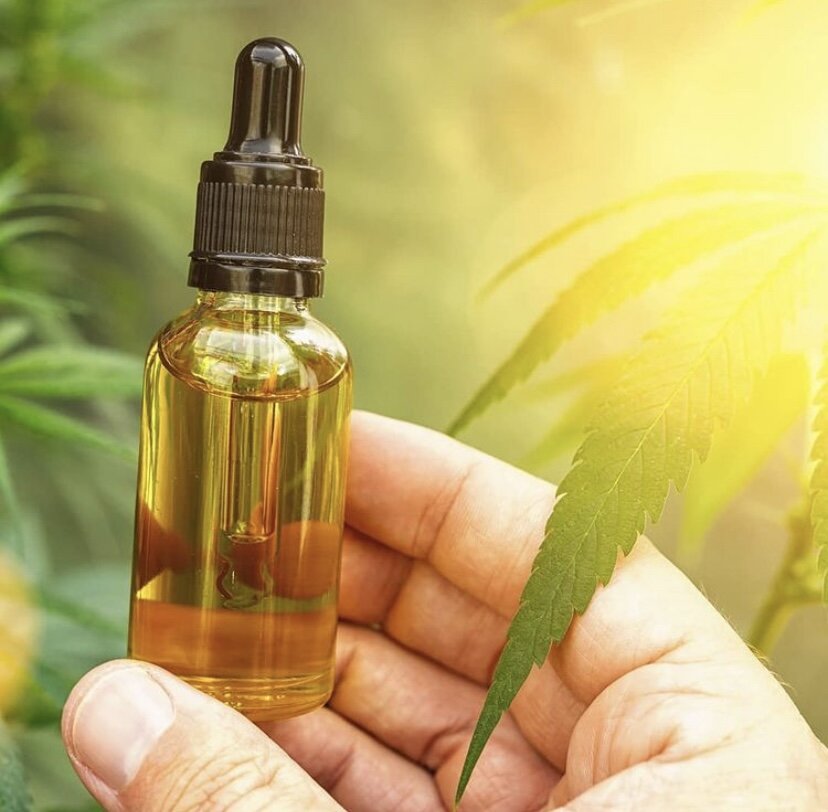
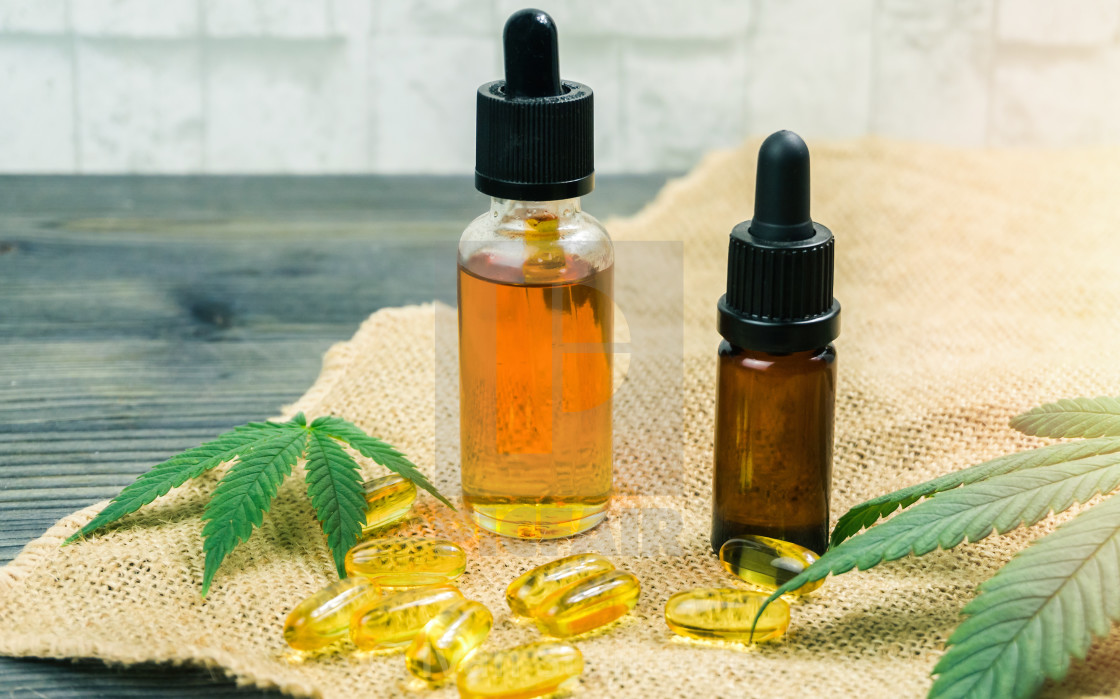
.jpg)
